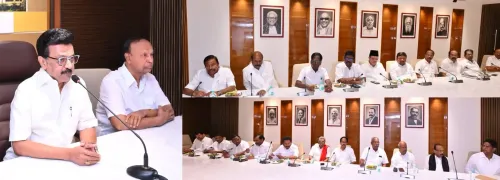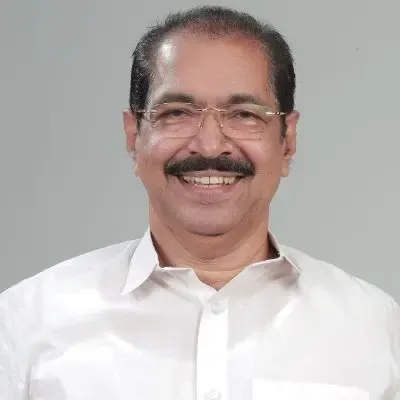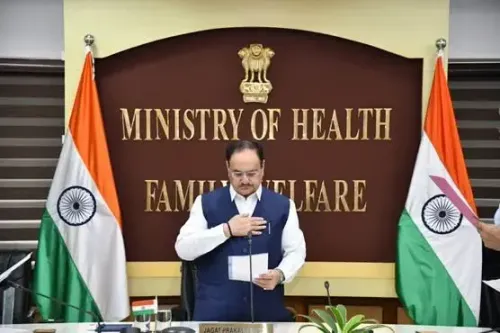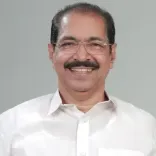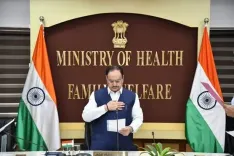Overview of Major Recommendations from the 55th GST Council Meeting
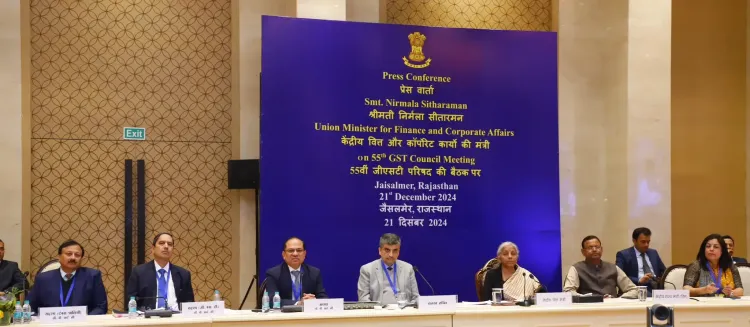
Jaisalmer/New Delhi, Dec 21 (NationPress) The 55th GST Council meeting, chaired by Union Finance Minister Nirmala Sitharaman, made several vital recommendations to assist both individuals and businesses, including a reduction in the GST rate on fortified rice kernel (FRK) and the complete exemption of GST on gene therapy.
The Council suggested that contributions made by general insurance companies from third-party motor vehicle premiums to the Motor Vehicle Accident Fund should be exempt from GST.
Additionally, the meeting recommended that transactions involving vouchers should not incur GST, as they do not constitute either supply of goods or services, and the rules regarding vouchers will be simplified.
The GST Council also clarified that penal charges imposed and collected by banks and NBFCs from borrowers for failing to meet loan terms are not subject to GST.
There was a recommendation to lower the payment of pre-deposit required for filing an appeal before the Appellate Authority concerning orders that involve only penalty amounts.
The Council proposed a reduction of the GST rate on fortified rice kernel (FRK), classified under 1904, to 5 percent, as this product is supplied to the less privileged segments of society through the public distribution system (PDS).
In the goods category, the meeting decided to extend IGST exemptions to systems, sub-systems, equipment, parts, sub-parts, tools, test equipment, and software intended for the assembly or manufacture of the LRSAM system.
Furthermore, it was suggested to decrease the rate of Compensation Cess to 0.1 percent on supplies to merchant exporters, aligning it with the GST rate for these supplies, and to exempt from IGST the imports of all equipment and consumable samples by the International Atomic Energy Agency (IAEA) Inspection Team, subject to specified conditions.
The GST members also advocated for a continued concessional 5 percent GST rate on food inputs used for food preparations under HSN 19 or 21, intended for free distribution to economically weaker groups under government programs, maintaining existing conditions.
Concerning services, the GST Council recommended that the sponsorship services provided by corporate bodies be classified under the Forward Charge Mechanism and exempted GST on contributions from general insurance companies for the Motor Vehicle Accident Fund, established under section 164B of the Motor Vehicles Act, 1988, which aims to provide compensation and cashless treatment to road accident victims, including those involved in hit-and-run cases.
Moreover, it was recommended to raise the GST rate from 12 percent to 18 percent on the sale of all old and used vehicles, including electric vehicles (EVs), except those specifically listed at 18 percent, such as the sale of older petrol vehicles with engine capacities of 1200 cc or more and lengths of 4000 mm or more; diesel vehicles with capacities of 1500 cc or more and lengths of 4000 mm; and SUVs.
The Council clarified that Autoclaved Aerated Concrete (ACC) blocks with more than 50 percent fly ash content will be categorized under HS 6815 and will be liable for 12 percent GST.
It was also confirmed that both fresh green and dried pepper, as well as raisins provided by farmers, will not incur GST.
Moreover, ready-to-eat popcorn mixed with salt and spices is classified as attracting 5 percent GST if sold unpackaged and 12 percent if sold pre-packaged and labeled. However, if popcorn is combined with sugar, transforming its nature into a sugar confectionery (like caramel popcorn), it will be subject to 18 percent GST.
The Council approved an amendment to the definition of prepackaged and labeled items intended for retail sale to eliminate confusion surrounding this issue.
The GST Council meeting saw participation from Union Minister of State for Finance Pankaj Chaudhary, Chief Ministers from Goa, Haryana, Jammu and Kashmir, Meghalaya, and Odisha, along with Deputy Chief Ministers from Arunachal Pradesh, Bihar, Madhya Pradesh, Rajasthan, and Telangana. Senior officials from the Finance Ministry, including members from the Economic Affairs and Expenditure Departments, were also in attendance.

